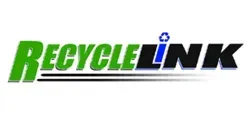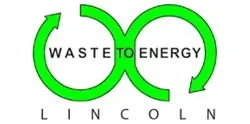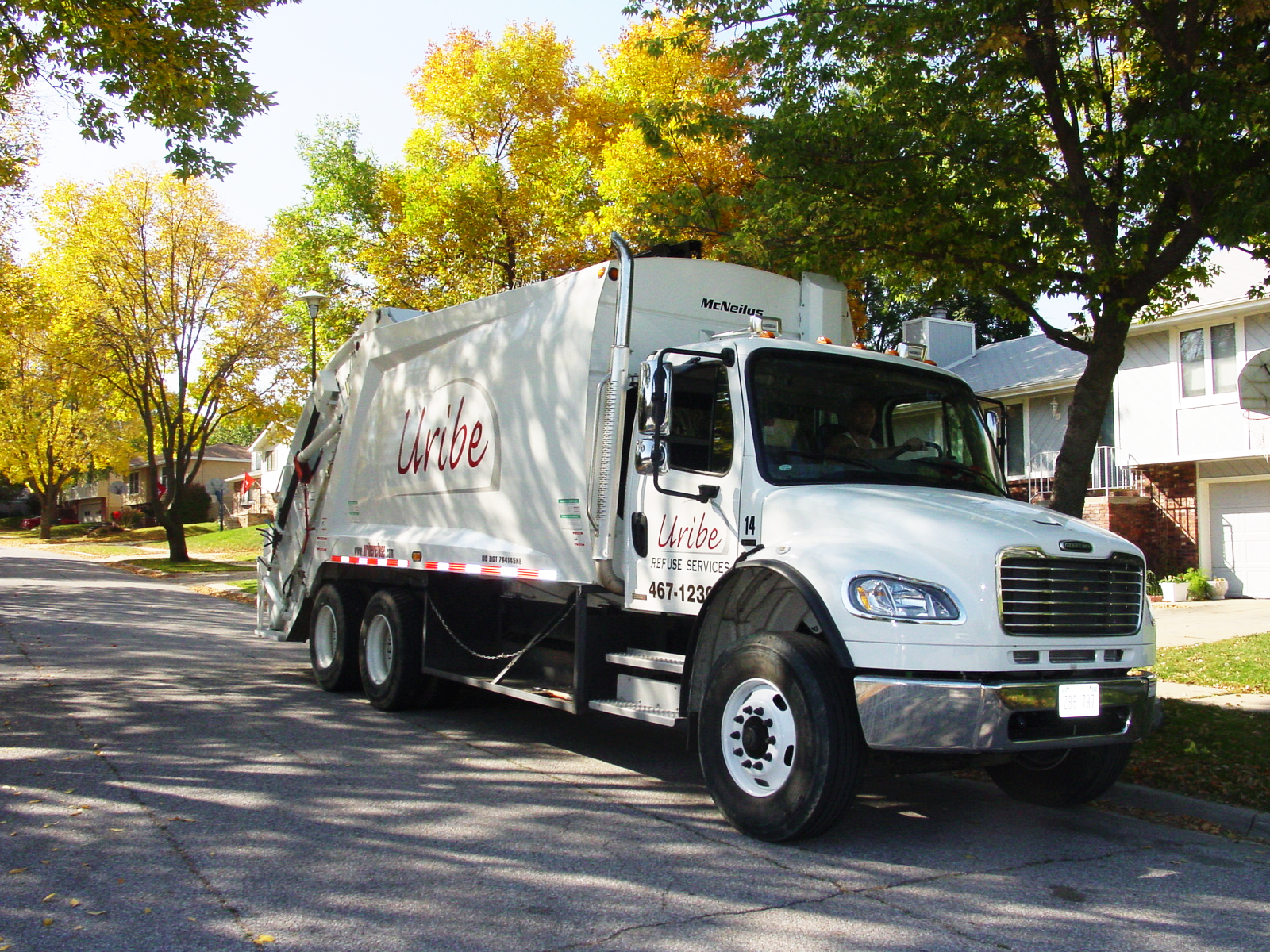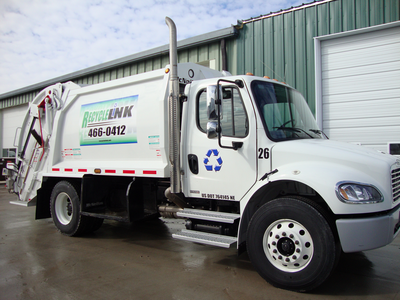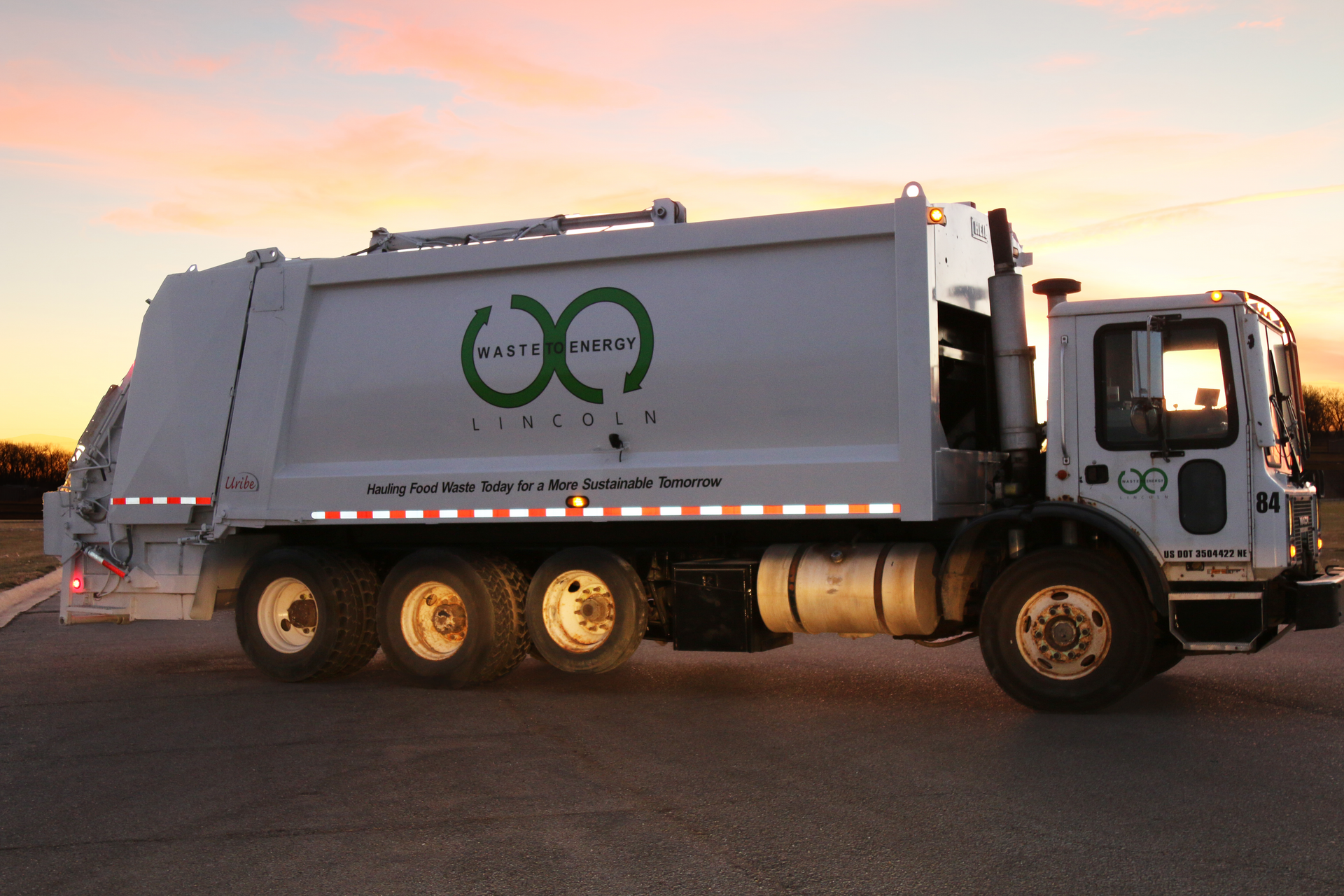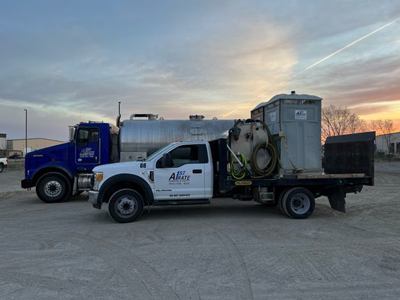Food Waste Guidelines:
What Can & Can’t Be Composted
Planning an event? Make it
Zero Waste with
Waste to Energy Lincoln! Whether you're organizing a
festival, farmers' market, corporate gathering, or private event, we provide the
tools, consulting, and on-site support to help you
reduce landfill waste and maximize recycling and composting efforts.
What Can Go in Your Food Waste Bin?
These items are accepted and will be composted:
Food Scraps
- Fruits & Vegetables (raw or cooked)
- Bread, Pasta & Grains
- Meat, Bones & Seafood
- Dairy Products (cheese, yogurt, eggshells)
Natural & Biodegradable Items
- Wood & Bamboo Utensils
- Greasy or Waxed Cardboard (pizza boxes, takeout containers)
- Napkins, Paper Towels & Wax Paper
Compostable Kitchen Waste
- Coffee Grounds & Filters
- Tea Bags (no plastic lining)
Certified Compostable Products
- Compostable cups, plates, and utensils labeled with BPI, ASTM D6400, or NatureWorks LLC certification
What Can’t Be Composted?
- Plastic-Coated Paper Products (e.g., coffee cups, takeout containers with plastic lining)
- Plastic Bags & Plastic Utensils
- Glass, Metals, or Styrofoam
- Pet Waste or Diapers
- Oils, Grease, or Liquids
- Rubber Bands, Twist Ties, or Non-Compostable Packaging
How to Know If It’s Compostable
Not sure if something is compostable? Check for these signs:
Is it a Paper Product NOT Lined With Plastic?
Wax-lined paper is compostable, but plastic-coated paper is not. Test it by scratching the surface—if the lining scrapes off, it's wax, not plastic!
Misleading Labels to Watch Out For
Terms like "Made from Plants," "Biodegradable," "Earth-Friendly," or "Eco-Friendly" do not always mean compostable. Make sure items have the proper certification before placing them in your compost bin.
Is it CERTIFIED Compostable?
Look for certification labels like:
- BPI (Biodegradable Products Institute)
- ASTM D6400, ASTM D6868
- NatureWorks LLC
- #7 PLA (bioplastics)
Join the Movement & Compost With Confidence!
Proper food waste disposal helps reduce methane emissions, create healthy soil, and keep Lincoln sustainable. Have questions? We’re happy to help!
Navigation Links
Contact Information
Business Hours
Mon - Fri: 7:30 AM to 4:00 PM
Sat - Sun: Closed

